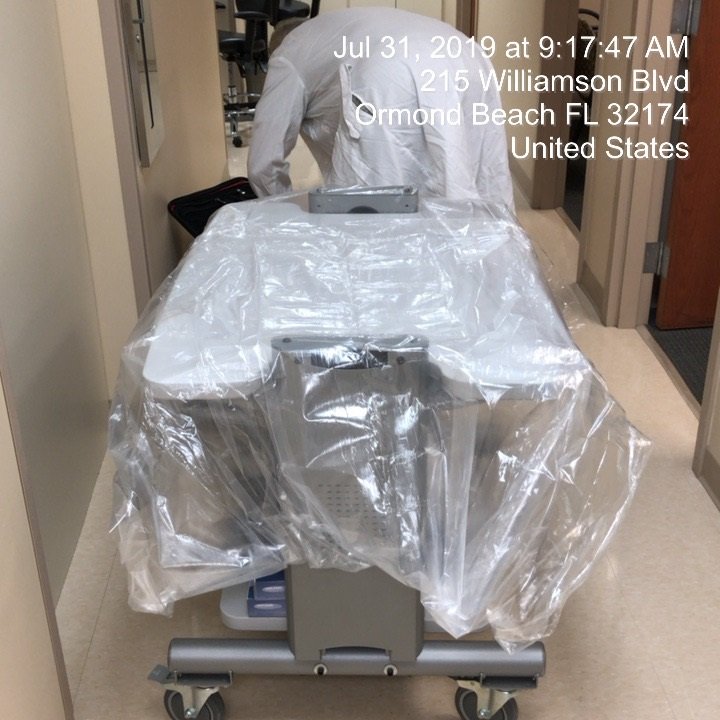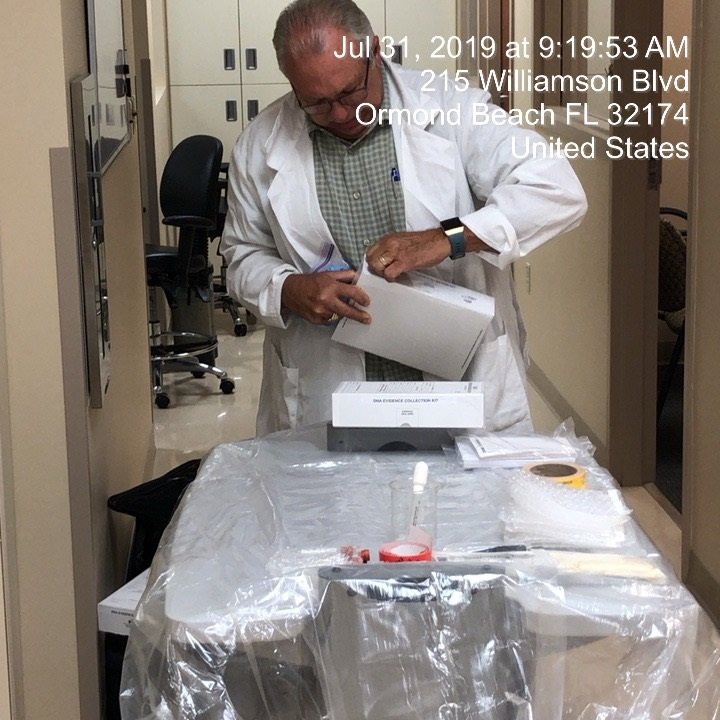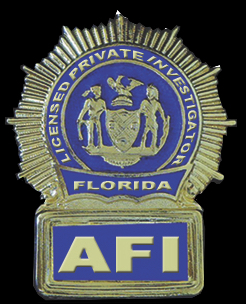DNA
The DNA abbreviation stands for deoxyribonucleic acid and is defined as a nucleic acid that contains the genetic code.
DNA Collection
All Florida Investigations and Forensic Services, Inc. can collect, secure, maintain chain of custody and transport DNA anywhere in the United States to assist with criminal, civil, insurance and inheritance cases.




How can WE help you with DNA?
Our Private investigators can collect blood, hair, saliva, and more from nearly any object. Hats, bed sheets, used dental floss, toothbrushes, and much more. Collecting samples from these objects can then be securely sent to an analyzer and can help investigators confirm things like affairs, or solve a paternity case.
It’s important to note as well that not every sample collected will contain enough DNA for substantial evidence. Sometimes samples simply do not contain enough information to create an individual profile. In this case, more samples will need to be collected, or DNA cannot be used as accurate evidence.
Luckily, DNA evidence can be used and is often a critical part of narrowing in on a suspect from a general population. Investigators can use almost any biological substance to gather DNA and pass it along to an analyzer who can create a profile from the sample. If investigators already have suspects in mind for their investigation, DNA can help confirm who they suspect by collecting samples.
What types of DNA are there?
Y-line DNA – tests the Y chromosome which is passed from father to son, along, in most cases, with the surname.
Mitochondrial DNA – is passed from mothers to both genders of her children, but only passed on by females. Males carry their mother’s mitochondrial DNA (mtDNA) but they don’t pass it on.
Autosomal DNA – tests the rest of the DNA provided by both parents on the 23 chromosomes, not just two direct lines, as with Y-line and mitochondrial DNA. Older tests of this type tested between 21 and about 300 markers, but current generation testing provided by Family Tree DNA.
The X Chromosome – has special inheritance properties that allow people to use these results separately from the rest of the autosomal results, although the X chromosome is a part of the 23 sets of chromosomes used for autosomal testing.

